A successful real estate business is built on the strength of its team. The right hires and effective training can drive productivity, improve client satisfaction, and boost revenue. As a real estate coach, guiding agents through the process of assembling and nurturing a high-performance team is essential for long-term success.
Why Building a Strong Real Estate Team Matters
A high-performing real estate team offers numerous benefits, including:
- Increased transaction volume and efficiency
- Better client service and support
- More opportunities for scaling the business
- A balanced workload, reducing agent burnout
Steps to Hiring the Right Team Members
1. Identify Key Roles and Responsibilities
Before hiring, define the specific roles needed to enhance efficiency. Common positions include:
- Buyer’s Agent – Focuses on working with home buyers.
- Listing Specialist – Handles property listings and marketing.
- Transaction Coordinator – Manages contracts, paperwork, and deadlines.
- Marketing Specialist – Develops online and offline marketing strategies.
- Administrative Assistant – Oversees daily operations and client communication.
2. Recruit Top Talent
Finding the right team members is crucial for long-term success. Effective recruitment strategies include:
- Leveraging LinkedIn, real estate job boards, and social media
- Attending industry networking events
- Offering referral incentives for existing team members
- Using structured interviews and skill assessments
3. Assess Cultural Fit and Work Ethic
Beyond skills and experience, ensure new hires align with the team’s culture and values. Consider:
- Their motivation and passion for real estate
- Ability to work collaboratively in a fast-paced environment
- Strong communication and problem-solving skills
Training and Developing Your Real Estate Team
1. Create a Comprehensive Onboarding Program
A well-structured onboarding process ensures new hires integrate seamlessly. Include:
- Training on company processes, CRM systems, and lead management
- Shadowing experienced team members
- Clear performance expectations and growth opportunities
2. Implement Ongoing Professional Development
Continuous learning helps team members stay ahead in a competitive market. Encourage:
- Regular coaching sessions and mentorship
- Industry certifications and advanced training
- Attendance at real estate conferences and workshops
3. Use Technology for Training and Efficiency
Leveraging the right tools can streamline operations and enhance team productivity. Useful technologies include:
- CRM software for lead tracking and client management
- Automated marketing tools for social media and email campaigns
- Virtual training platforms and webinars for continuous learning
4. Encourage a Collaborative and Goal-Oriented Culture
Creating a positive work environment leads to better retention and productivity. Strategies include:
- Setting clear team goals and incentives
- Recognizing and rewarding top performers
- Encouraging open communication and feedback
Conclusion
Building a high-performance real estate team requires strategic hiring, effective training, and ongoing development. By recruiting the right talent, fostering a culture of growth, and utilizing modern tools, real estate professionals can scale their business and achieve sustained success. As a real estate coach, providing agents with these insights will empower them to build and lead successful teams that thrive in a competitive market.


